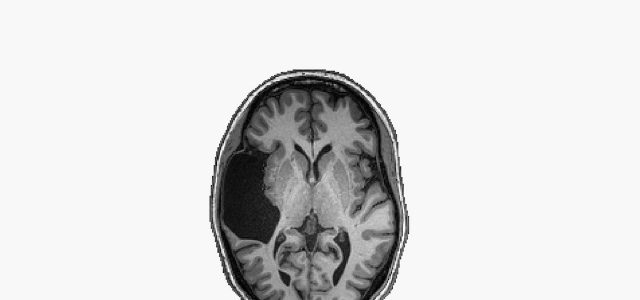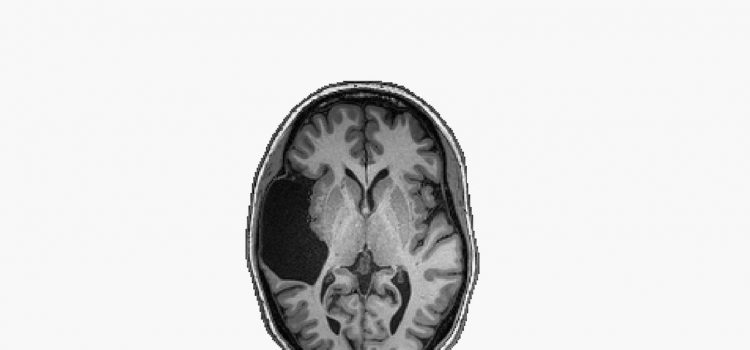


In early February 2016, after reading an article featuring a couple of scientists at the Massachusetts Institute of Technology who were studying how the brain reacts to music, a woman felt inclined to email them. “I have an interesting brain,” she told them.
EG, who has requested to go by her initials to protect her privacy, is missing her left temporal lobe, a part of the brain thought to be involved in language processing. EG, however, wasn’t quite the right fit for what the scientists were studying, so they referred her to Evelina Fedorenko, a cognitive neuroscientist, also at MIT, who studies language. It was the beginning of a fruitful relationship. The first paper based on EG’s brain was recently published in the journal Neuropsychologia, and Fedorenko’s team expects to publish several more.
For EG, who is in her fifties and grew up in Connecticut, missing a large chunk of her brain has had surprisingly little effect on her life. She has a graduate degree, has enjoyed an impressive career, and speaks Russian—a second language–so well that she has dreamed in it. She first learned her brain was atypical in the autumn of 1987, at George Washington University Hospital, when she had it scanned for an unrelated reason. The cause was likely a stroke that happened when she was a baby; today, there is only cerebro-spinal fluid in that brain area. For the first decade after she found out, EG didn’t tell anyone other than her parents and her two closest friends. “It creeped me out,” she says. Since then, she has told more people, but it’s still a very small circle this is aware of her unique brain anatomy.
Over the years, she says, doctors have repeatedly told EG that her brain doesn’t make sense. One doctor told her she should have seizures, or that she shouldn’t have a good vocabulary—and “he was annoyed that I did,” she says. (As part of the study at MIT, EG tested in the 98th percentile for vocabulary.) The experiences were frustrating; they “pissed me off,” as EG puts it. “They made so many pronouncements and conclusions without any investigation whatsoever,” she says.
Then EG met Fedorenko. “She didn’t have any preconceived notions of what I should or shouldn’t be able to do,” she recalls. And for Fedorenko, an opportunity to study a brain like EG’s is a scientist’s dream. EG was more than willing to help.
Fedorenko’s lab is working to shed some light on the development of the vast array of brain regions thought to play a role in language learning and comprehension. The exact role of each has yet to be demystified, and exactly how the system emerges is a particularly tricky element to study. “We know very little about how the system develops,” says Fedorenko, as doing so would require scanning the brains of children between the ages of 1 and 3 whose language abilities are still developing. “And we just don’t have tools for probing kids’ brains at that time,” she says.
When EG turned up at her lab, Fedorenko recognized that this could be a golden opportunity for understanding how her remaining brain tissue has reorganized cognitive tasks. “This case is like a cool window to ask that kind of question,” she says. “It’s just sometimes you’d get these pearls that you try to take advantage of.” It’s incredibly rare for someone like EG to offer themselves up to be poked and prodded by scientists.
